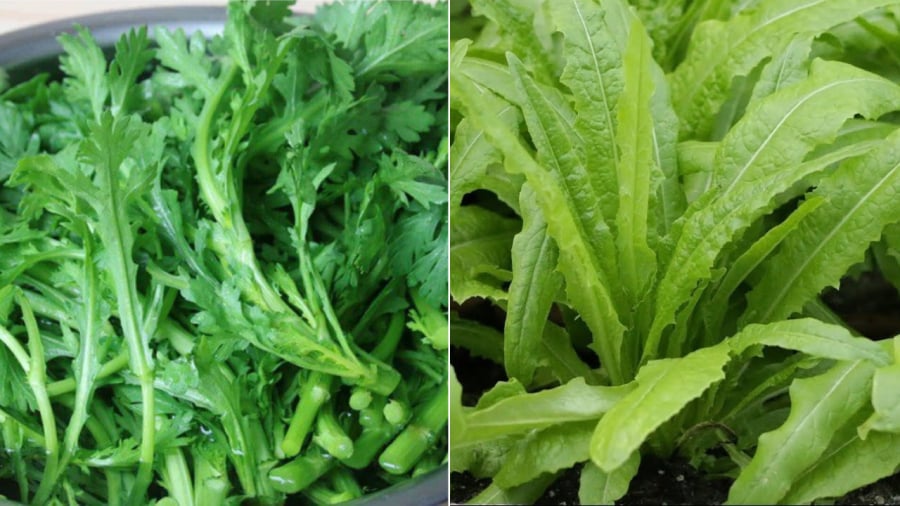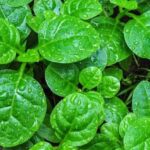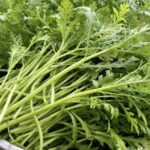With growing concerns about the presence of pesticides in our food, many are now opting to choose their vegetables wisely. Interestingly, some vegetables have natural pest-resistant properties, which means farmers can avoid using harmful chemicals during the growing process. Let’s explore some of these vegetables and their unique abilities to protect themselves from pests and diseases.
Chrysanthemum Greens
Chrysanthemum greens, also known as tung ho, are highly nutritious and recognized for their distinct aroma. They are packed with essential vitamins and minerals that promote eye health and support strong bones. Additionally, these greens boost your immune system with their abundance of beneficial nutrients. Chrysanthemum greens are resilient and adaptable to various environments. Their strong fragrance acts as a natural pest repellent, making them virtually pest-free without the need for pesticides.
Lettuce
Lettuce is a soft, leafy green vegetable that is rich in fiber and essential vitamins and minerals. It is a popular choice for its nutritional benefits and refreshing taste. Lettuce is highly adaptable and thrives in the right conditions, making it naturally resistant to pests. When grown alongside other vegetables, lettuce can even help protect nearby plants from pests and diseases, making it an ideal companion in any garden or farm.

White Radish
White radish, or daikon, has a short growth cycle and impressive self-defense mechanisms against pests and diseases. The leaves of this vegetable contain essential oils that act as a natural pest repellent. As a result, white radish is less susceptible to pest attacks compared to other vegetables, reducing the need for chemical interventions.
Pumpkin
Pumpkin, also known as winter squash, is a vigorous vine with strong resistance to pests and diseases. It adapts well to different environments and has a natural protective layer of wax on its outer skin, which helps retain moisture and prevents pest infiltration. Pumpkins can self-heal from minor insect attacks, making pesticide use unnecessary for farmers. Additionally, the thick and hard shell of pumpkins acts as a barrier against harmful substances, and most people tend to peel the skin before consumption, further reducing any potential health risks.






































